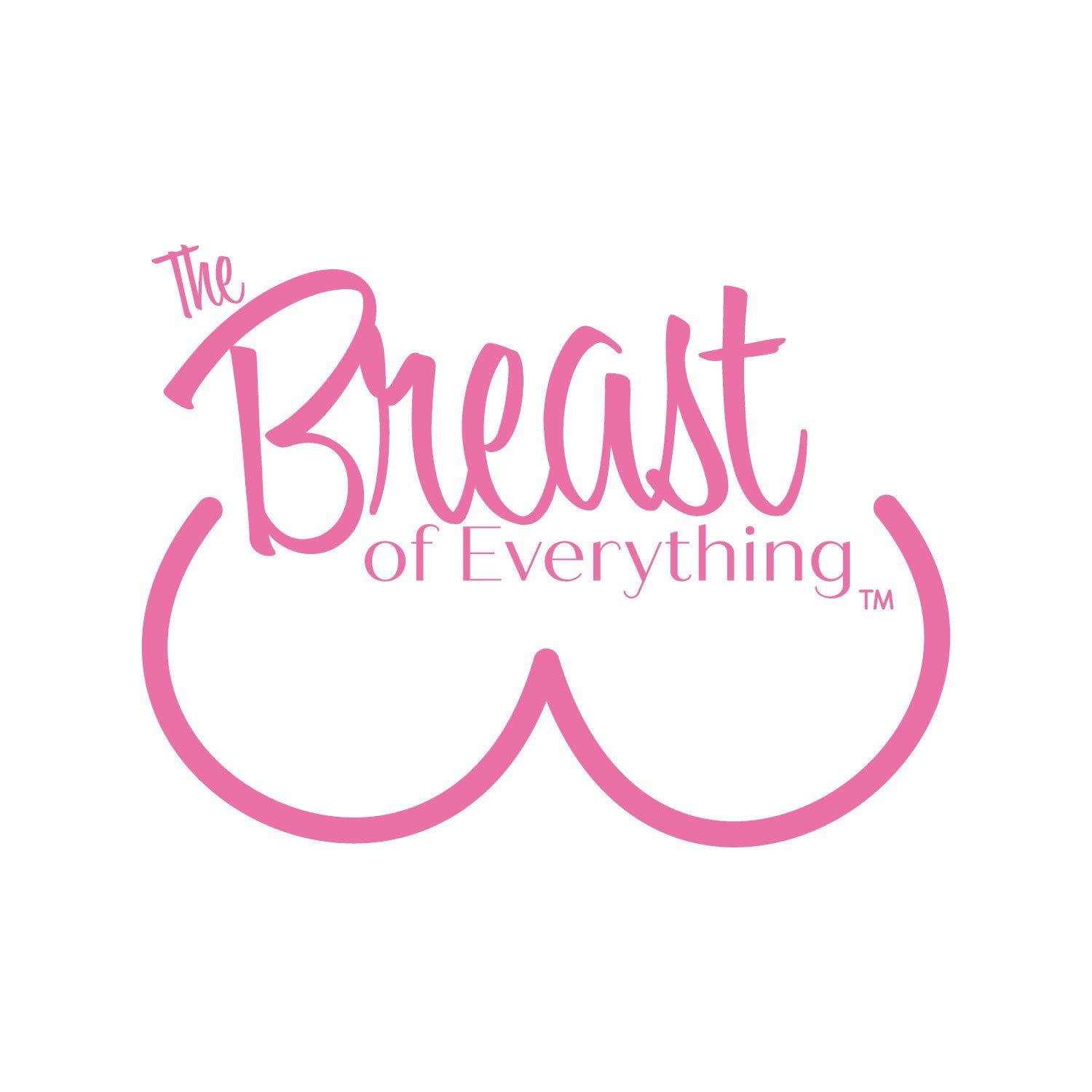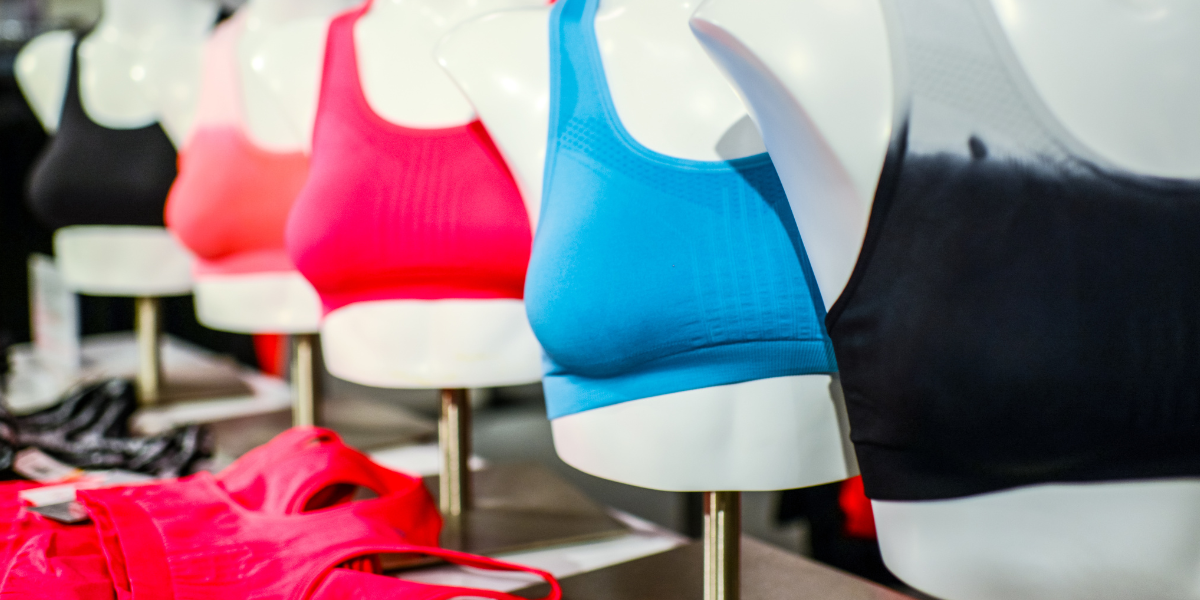Breastfeeding Tips For First-Time Moms
It's said that breastfeeding is one of the most natural things a woman can do. But for first-time mothers, it can be daunting--especially if you're not sure what to expect.
Here are some tips to help you get through the early stages of breastfeeding and help make your experience a little easier!
RELATED: Atypical Ductal Hyperplasia: What You Need To Know
21 Breastfeeding Tips for New Moms
Breastfeeding Benefits
For many new mothers, the decision of whether or not to breastfeed is one of the first decisions they will make about their baby's care. Although bottle feeding with infant formula is a perfectly valid choice, there are many benefits to breastfeeding that are worth considering.
Women who breastfeed have a lower risk of breast and ovarian cancer. In addition, breastfeeding can help to delay the return of menstruation, giving the mother's body a chance to recover from pregnancy and childbirth.
As for babies, breast milk is packed with nutrients and antibodies that can boost immunity and help protect against ear infections and respiratory illnesses.
Additionally, breastfeeding has been shown to reduce the risk of sudden infant death syndrome (SIDS). SIDS is the leading cause of death in infants under the age of 1, and
studies have shown that babies who are breastfed are less likely to die from SIDS.
Pre-baby Breastfeeding Tips
Congratulations on your upcoming arrival! If you're like most new moms, you may be wondering how to best prepare for your breastfeeding journey. While there's no one-size-fits-all answer, there are a few things you can do to set yourself up for success:
- Research, Research, Research
There are a ton of resources available on breastfeeding--take advantage of them! The more you know going into it, the better prepared you'll be.
Talk to other moms who have breastfed, attend a breastfeeding class (most hospitals offer them), and read as much as you can on the subject.
- Invest in a Good Nursing Sports Bra and Some Nipple Cream
Nursing bras are designed to offer support and comfort while also providing easy access for nursing. Nipple cream can help to soothe and protect your nipples from the friction of breastfeeding.
Although it may seem like a small thing, investing in these two items can make a big difference in your breastfeeding experience.
- Eat a Healthy Diet and Drink Plenty of Fluids
What you eat and drink while breastfeeding can affect your baby. Be sure to eat plenty of fruits, vegetables, and whole grains, and drink plenty of water and other fluids (like milk) to stay hydrated.
Also, avoid caffeine, alcohol, and cigarettes, as these can all pass into your breast milk and may disturb your baby's sleep or feeding patterns.
- Create a Support System
Having a supportive partner, family member, or friend is key to successful breastfeeding. These people can offer much-needed help and encouragement when you're feeling tired, frustrated, or just need a break.
The First Hour Breastfeeding Tips
The first hour after birth is often called the "golden hour." This is when your baby is most alert and responsive, and it's a special time when mother and baby are able to bond. It's also when your baby gets his or her first dose of the nutrient-rich pre-milk called colostrum, which lays down the foundation for a lifetime of good health.
Here are a few tips to help get you started:
- Get Comfortable
One of the most important things to do when breastfeeding is to get comfortable. If you're not comfortable, chances are your baby isn't either.
- Find a comfortable position: Whether you're sitting up or lying down, it's important that you're in a position that doesn't put any strain on your back or neck. You may need to experiment a bit to find what works best for you.
- Use pillows for support: Pillows can help support your back and arms, and they can also prop up your baby so that he or she is at the right height for nursing.
- Wear loose clothing: You want to make sure that you have easy access to your breasts, so avoid clothing that's too tight or constricting.
- Start with the first breast. Once your baby is latched on, allow them to feed until they are no longer interested or until the flow of milk slows down. Then offer the second breast.
- Relax and take deep breaths: It's normal to feel a little anxious at first, but try to relax and take slow, deep breaths. The more relaxed you are, the more likely it is that your baby latches on correctly.
- Keep Your Baby Close
Babies are born with a strong need to be close to their mothers. This instinct is called the "Moro reflex," and it helps to keep your baby safe and secure.
The Moro reflex can make it difficult for most babies to latch on to the breast, so it's important to keep your baby close while you're breastfeeding. You can do this by holding your baby skin-to-skin, or by using a baby carrier.
This position also promotes bonding with your baby and gives you the opportunity to observe his or her cues.
First Few Weeks Breastfeeding Tips
The early weeks of breastfeeding can be tough, but there are a few things you can do to make things go more smoothly:
- Be Patient
Breastfeeding can be a rewarding experience for both mother and child, but it is also important to be patient.
The first few days after childbirth are often the hardest, as your body adjusts to the new demands of breastfeeding. You may feel sore and tired, and your baby may be fussy. But stick with it! The more you breastfeed, the easier it will become.
- Know Your Baby's Cues
Every baby is different, and each one will have different cues that indicate when he or she is hungry. It's important to learn to recognize your baby's cues so that you can start feeding him or her as soon as possible.
Some common hunger cues include:
- crying
- restlessness
- rooting (searching for the nipple with his or her mouth)
- putting his or her hand to his or her mouth
- sucking on his or her fingers
If you're not sure whether your baby is hungry, try offering the breast. There's no harm in trying, and chances are your baby will let you know if he or she isn't ready to eat!
- Use a Nipple Shield
Along with learning how to position and latch their baby, new mothers also have to deal with sore nipples and engorgement. To make things easier, some mothers choose to use a nipple shield.
Nipple shields are thin, silicone discs that cover the nipple and are held in place by a flange. They can help to increase breast milk flow and make it easier for baby to latch on. In addition, they can also protect sore nipples from further irritation.
If you're considering using a nipple shield, it's important to talk to a lactation consultant or your child's doctor first. They can help you determine if a nipple shield is the right option for you and show you how to use it properly.
- Pump It Up
If you'll be away from your baby for more than a couple of hours, it's a good idea to pump your breast milk in advance. This will help ensure that your baby has enough milk to eat while you're gone.
Here are some tips to help you get the most out of your pump:
- Start by hand expressing a few drops of milk. This will help stimulate let-down and make it easier to get started.
- Invest in a good quality breast pump. This will make the pumping process much easier and more comfortable.
- Make sure to read the instructions that come with your pump. Each model is different, and you want to make sure that you are using it correctly. If you are using an electric pump, start on the lowest setting and gradually increase as needed. If you are using a manual pump, start with short strokes and increase the speed as you go.
- Try to pump at least once every two to three hours during the day. This will help maintain enough milk supply.
- If possible, pump in a relaxed environment where you can sit back and relax. This will help your body to better respond to the pumping process.
- Take It Easy
Breastfeeding can be challenging, but it's important to remember that you're doing an amazing job! Take the time to care for yourself and relax.
Here are a few things you can do to take care of yourself:
- Get plenty of rest: When your baby sleeps, try to sleep too. If you can't sleep, at least put your feet up and relax.
- Take breaks when you need them: If you're feeling overwhelmed, ask your partner or a friend for help so that you can take a break.
- Seek out support from other breastfeeding mothers: It can be helpful to talk to someone who is going through the same thing as you.
RELATED: How To Prepare For A Mammogram: Your Ultimate Guide
Breastfeeding Tips for New Moms with Inverted or Flat Nipples
If you have inverted or flat nipples, don't worry—you can still breastfeed your baby! It may take a little bit of practice to get the hang of it, but it can be done.
Here are a few tips to help you get started:
- Use a breast pump or hand express milk for a few minutes to help draw out your nipple.
- When you put your baby to the breast, aim the nipple toward the roof of his or her mouth. You may need to use your fingers to help guide it in.
- Try different positions until you find one that works well for both you and your baby. Some mothers find that lying down is more comfortable than sitting up.
Common Breastfeeding Challenges (And How to Avoid Them)
Breastfeeding can be a wonderful experience for both mother and child, but it's not always easy. Here are some of the most common breastfeeding challenges, along with tips on how to avoid them:
- Sore Nipples
When you first start breastfeeding, your nipples may become sore. This is because your baby is getting used to latching on and may not be doing it correctly.
To avoid sore nipples, make sure that your baby latches on correctly. The nipple should be positioned far back in the baby's mouth, and the tongue should be cupped underneath.
Additionally, let your nipples air dry. This will help to soothe the pain and promote healing.
If you are still having pain, you can try using a nipple cream or gel.
- Low Breast Milk Supply
Low milk supply can be frustrating and discouraging for new mothers. There are a few things you can do to avoid this problem, however:
- Make sure that you're drinking plenty of fluids and eating a nutritious diet. This will help to ensure that your body has the resources it needs to stimulate milk production.
- Try to relax and avoid stress as much as possible. Stress can interfere with milk production, so take some time for yourself each day to relax and unwind.
- Oversupply
Oversupply happens when you produce more milk than your baby needs. It can lead to excessive spitting up, gas, and diarrhea in your baby. Oversupply may also cause engorged breasts.
To avoid it, try pumping or hand expressing after nursing to relieve pressure and reduce your milk production.
- Engorgement
Another common challenge is engorgement, which happens when your breasts become overly full of milk. This can happen when you first start breastfeeding or when your baby goes through a growth spurt.
Engorged breasts can be painful, but there are a few things you can do to relieve the discomfort:
- Try to nurse more frequently. This will help to empty your breasts and will prevent them from becoming too full.
- Use a cold compress to reduce swelling.
- Continue nursing even if it is uncomfortable. If you stop nursing, your milk supply will decrease and engorgement will become worse.
- Clogged Ducts
A clogged duct is a common breastfeeding challenge that can occur when milk gets backed up in the breast. This can happen for a number of reasons, including poor latch, not draining the breast fully, or wearing tight clothing. If left untreated, a clogged duct can lead to mastitis, a painful infection of the breast tissue.
To avoid clogged ducts, it's important to ensure that baby has a good latch and that you are draining the breast completely. You should also avoid wearing tight clothing and using anything that could compress the breasts, such as underwire bras or sleeping on your stomach.
If you do develop a clogged duct, there are a few simple treatments that can help. These include applying heat to the affected area, massaging the breast while nursing, and expressing milk frequently.
- Mastitis
Mastitis is an inflammation of the breast tissue that can cause fever, chills, and general flu-like symptoms. Mastitis is often caused by blocked milk ducts, so it's important to empty the breasts completely when nursing. If you start to feel sick, see your doctor right away; if caught early, mastitis can usually be treated successfully with antibiotics.
- Leaky Breasts
This can happen when your baby doesn't latch on correctly, or when your milk supply is too high. While it may be annoying, leaky breasts are perfectly normal and usually nothing to worry about.
The best way to deal with them is to wear nursing pads to absorb any leaked milk. If you're concerned about your baby getting enough milk, try expressing some milk before you feed them. This will help to reduce the amount of milk that leaks out.
- Breastfeeding in Public
Breastfeeding in public can be daunting for many new mothers, but it's important to remember that you have a right to nurse wherever you are.
If you're worried about modesty, there are several ways to cover up while nursing. You can also try using a nursing wardrobe, a scarf, or a shawl.
- Poor Nutrition
As a parent, you want to be sure about the health of your infant. With nutraMetrix DNA Miracles Probiotics Extra, you can rest easy knowing that you're providing your child one of the most complete children's probiotic and prebiotic formulas on the market today.
Both probiotics and prebiotics are necessary for a child's proper and healthy development. Healthful bacteria and prebiotics are passed from mother to child through breast milk. In some instances–for example, if an infant is formula-fed or born through Caesarian section–it may be beneficial to supplement an infant with healthful, proper amounts of these beneficial components of breast milk.
There are also outside factors that may cause an imbalance of an infant's bacterial composition. Research has shown that consuming probiotics and prebiotics, whether through foods or supplements, can promote infants' balance of bacteria–and consequently, their health.
nutraMetrix DNA Miracles Probiotics Extra provides your infant with a scientifically-formulated probiotic and prebiotic combination, as well as a healthy, safe serving of vitamin D. Each serving of nutraMetrix DNA Miracles Probiotics Extra contains 200 million colony-forming units (CFUs) of probiotics with demonstrated beneficial effects for infants and newborns. nutraMetrix DNA Miracles Probiotics Extra also provides 900 mg of prebiotics to support the normal growth and activity of healthy bacteria in the gut. Along with vitamin D, these three ingredients have a synergistic effect and reinforce some of the beneficial effects of breast milk.
Parents always want to give their children the best. With nutraMetrix DNA Miracles Probiotics Extra, not only can you be sure you're doing all you can to support your infant's health, but you receive our pledge to protect your little miracle through our commitment to quality and care.
Final Thoughts
Breastfeeding can be a wonderful way to bond with your baby and provide them with the nutrients they need to grow and thrive. However, it's not always easy. If you're having difficulty, don't hesitate to ask for help from lactation consultants or doctors. With a little patience and practice, you'll be a pro in no time!
Up Next:
- Firm Breast Workout: 6 Chest Exercises to Lift Breasts
- Common Causes of Sagging Breasts and Tips for Prevention
- What Is A Wellness Exam For A Woman And Why You Should Get One










